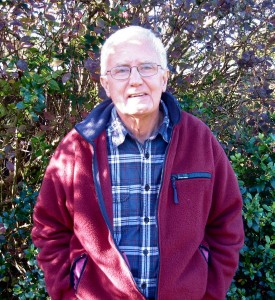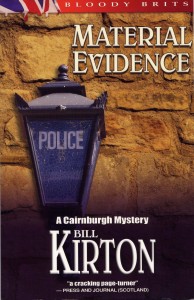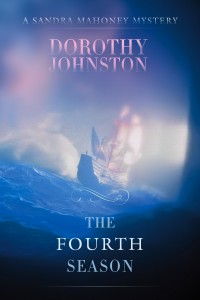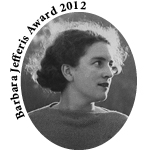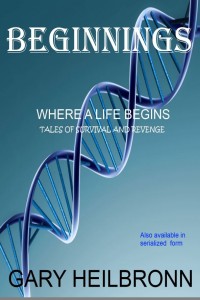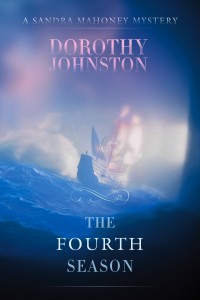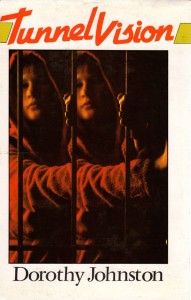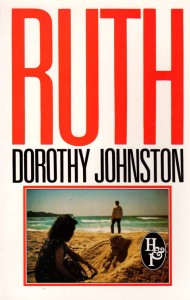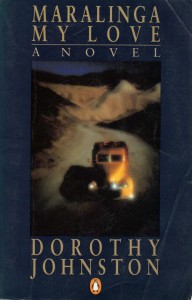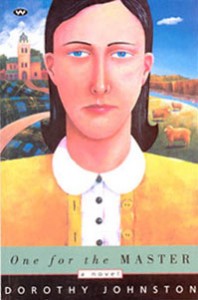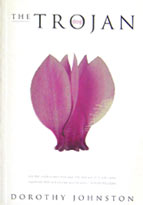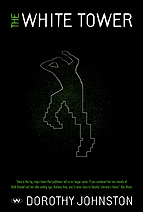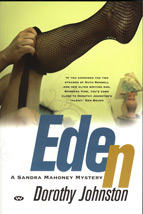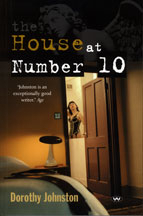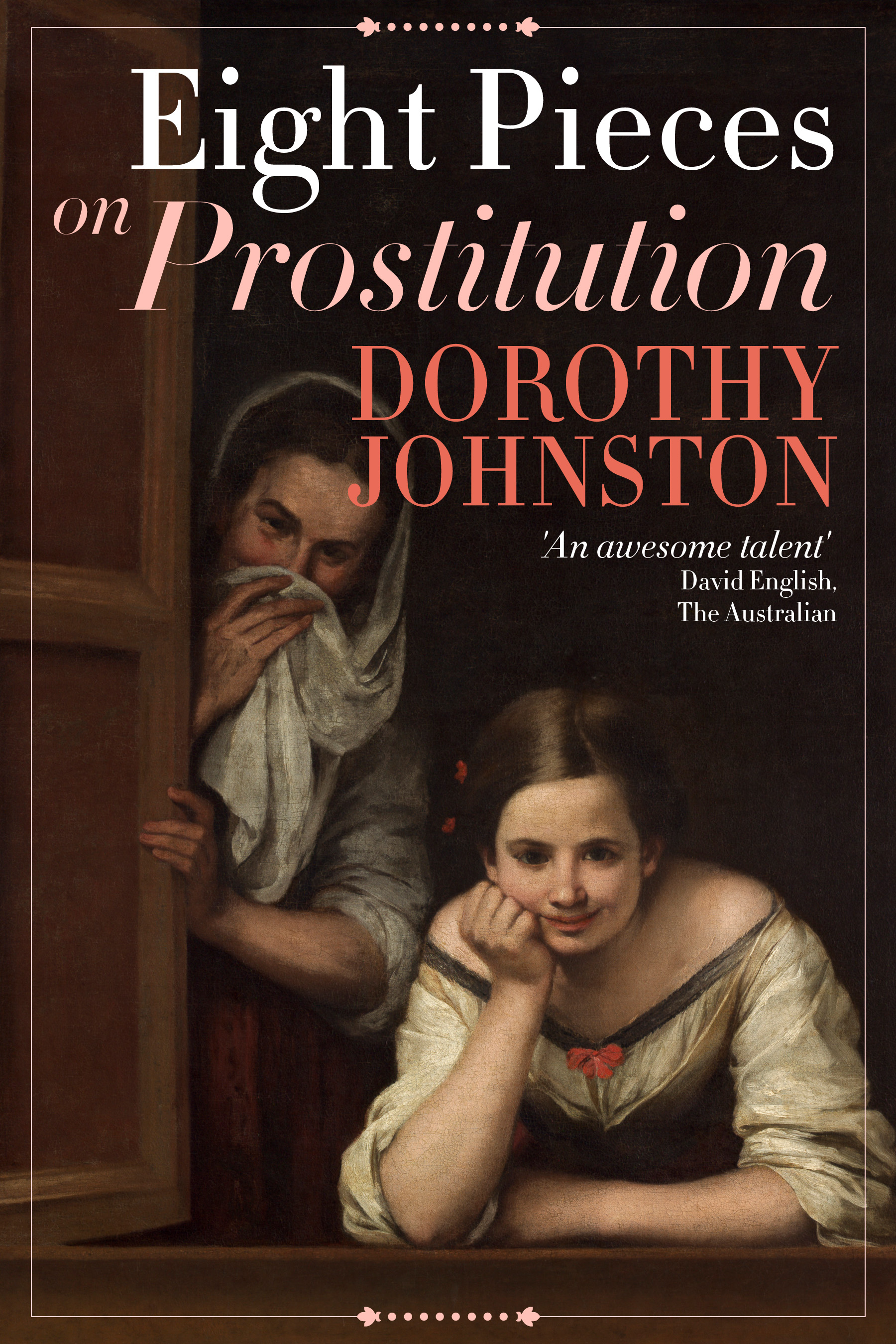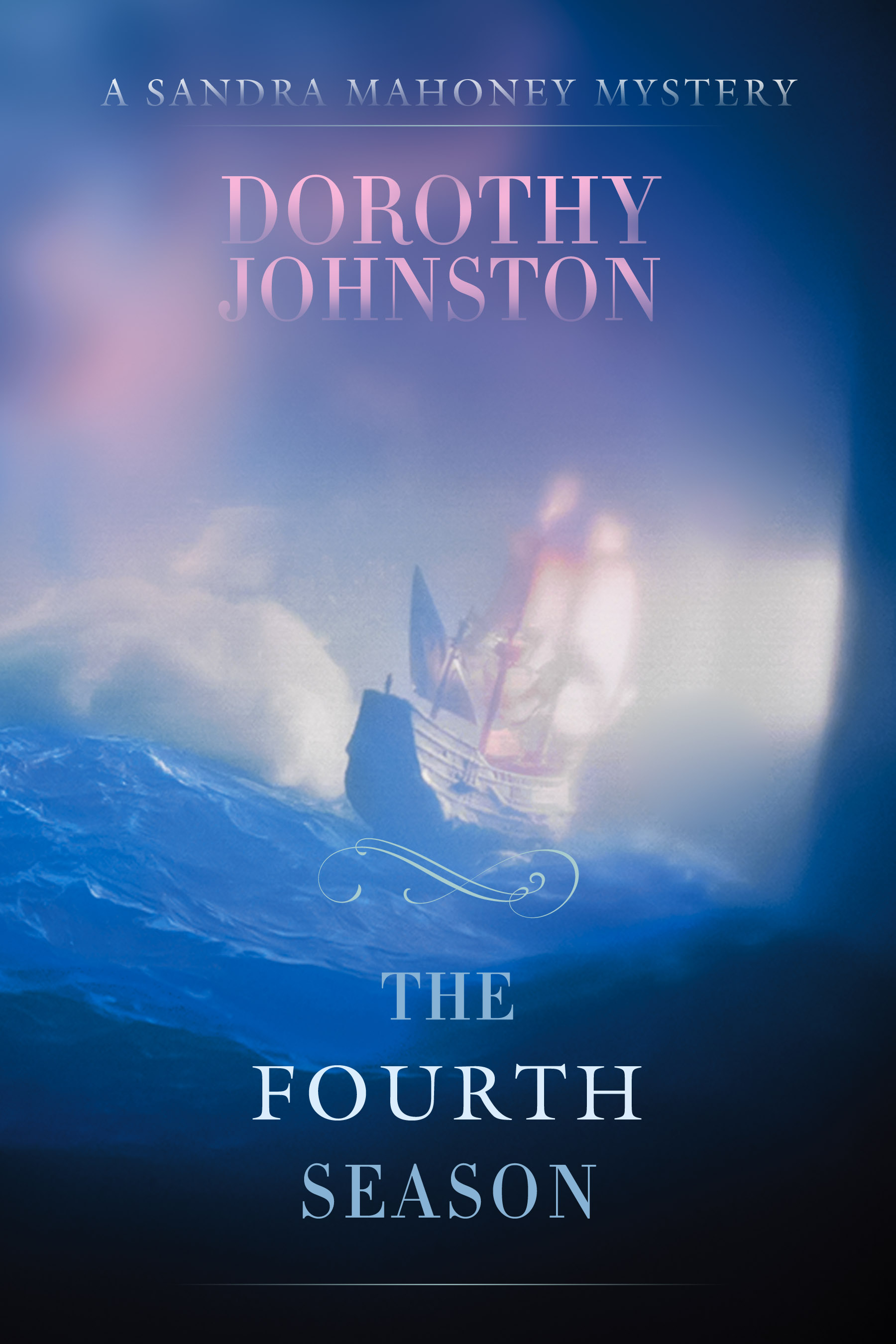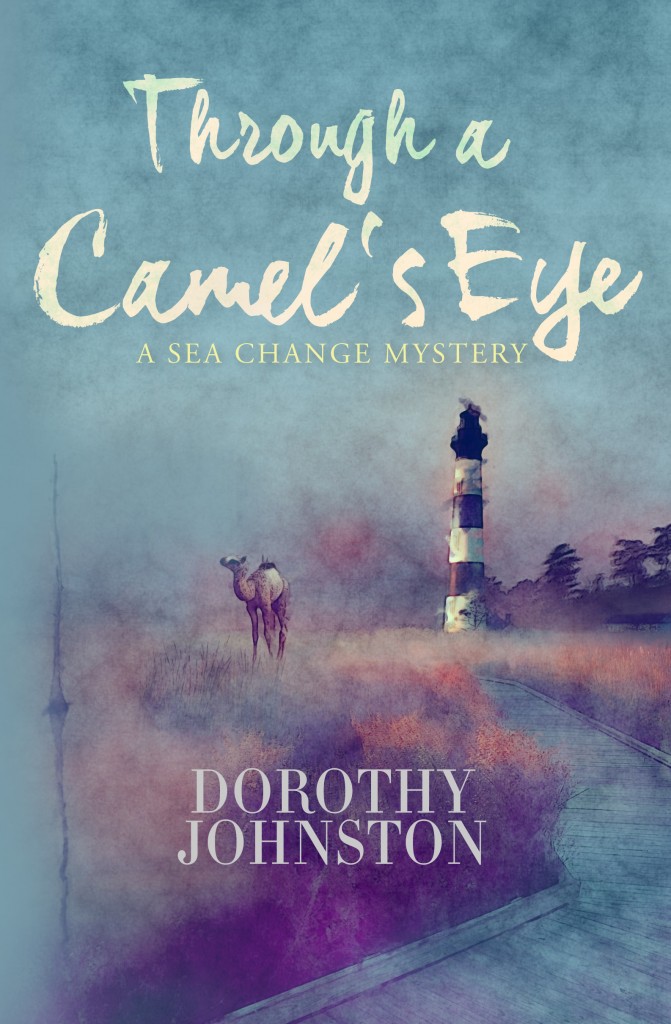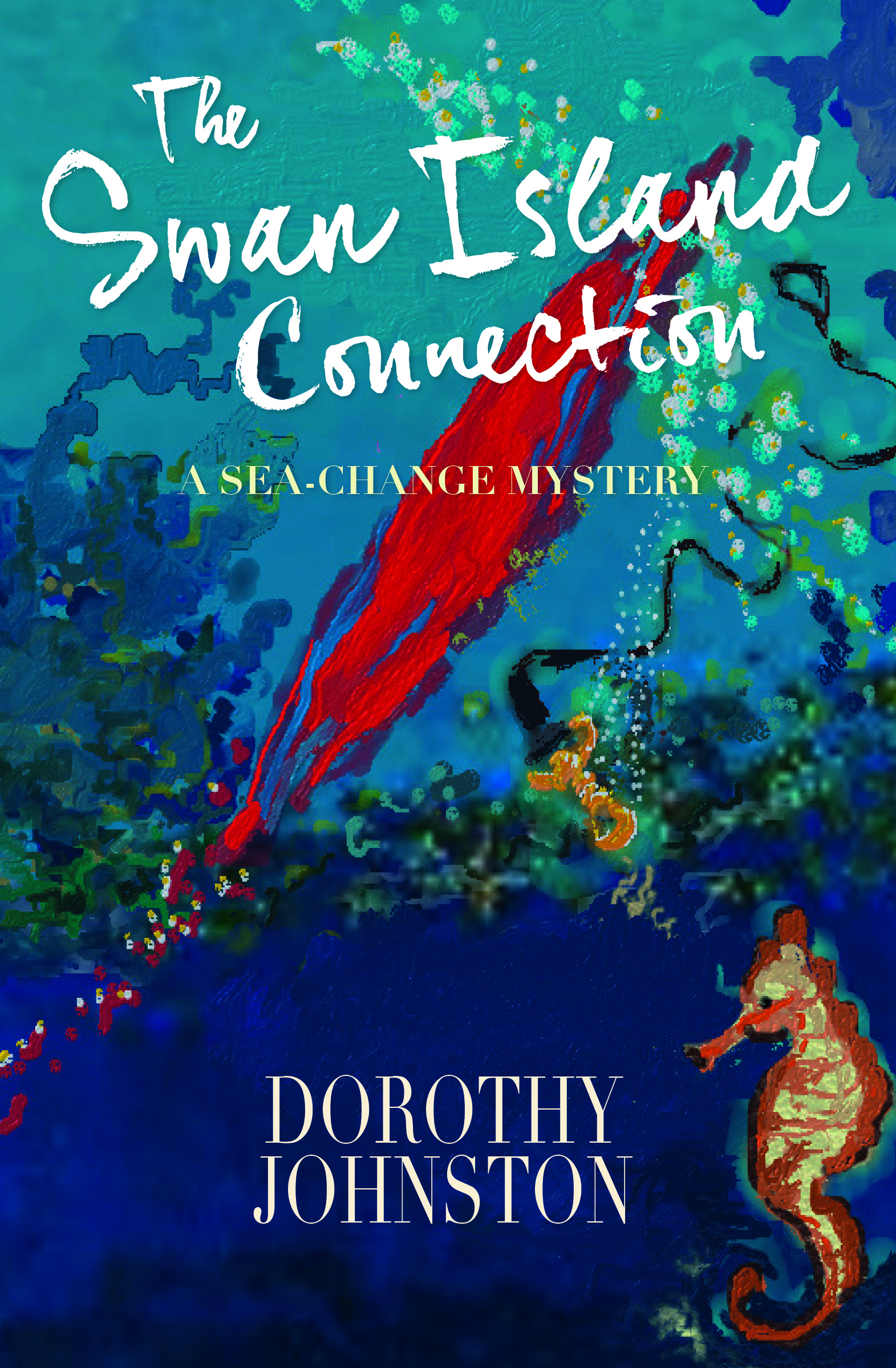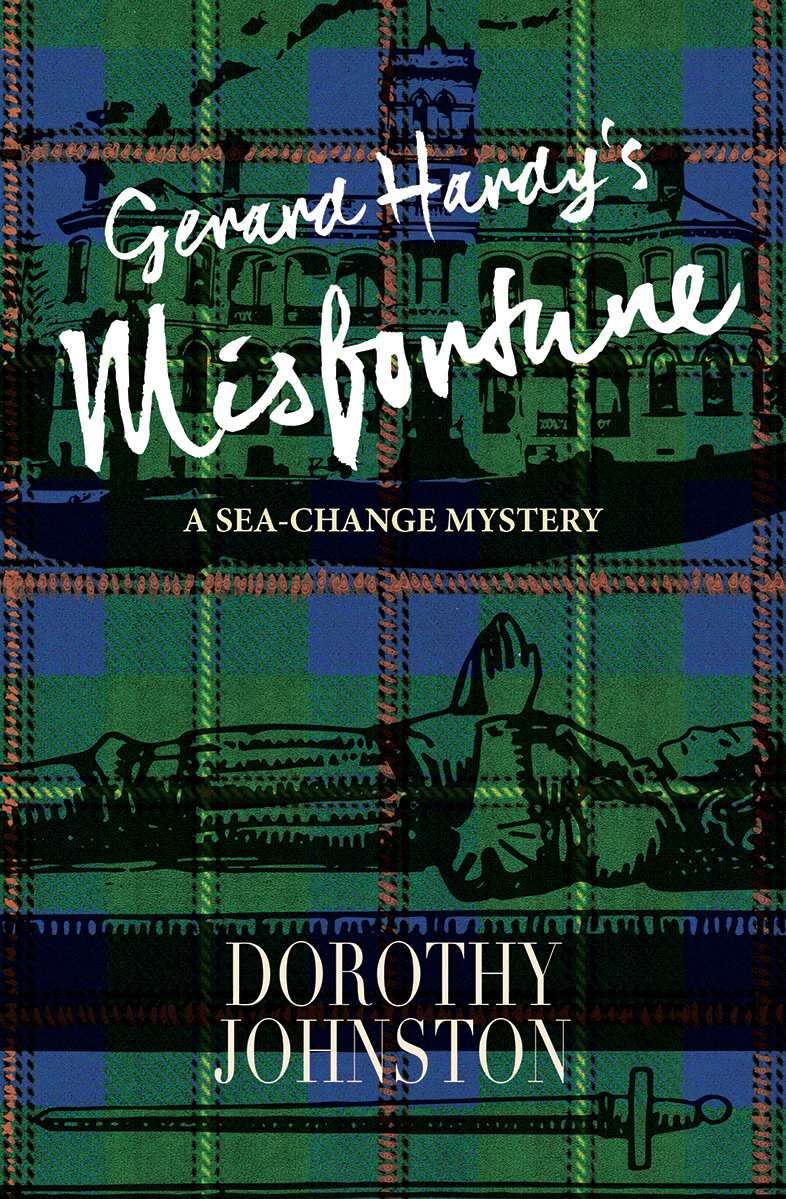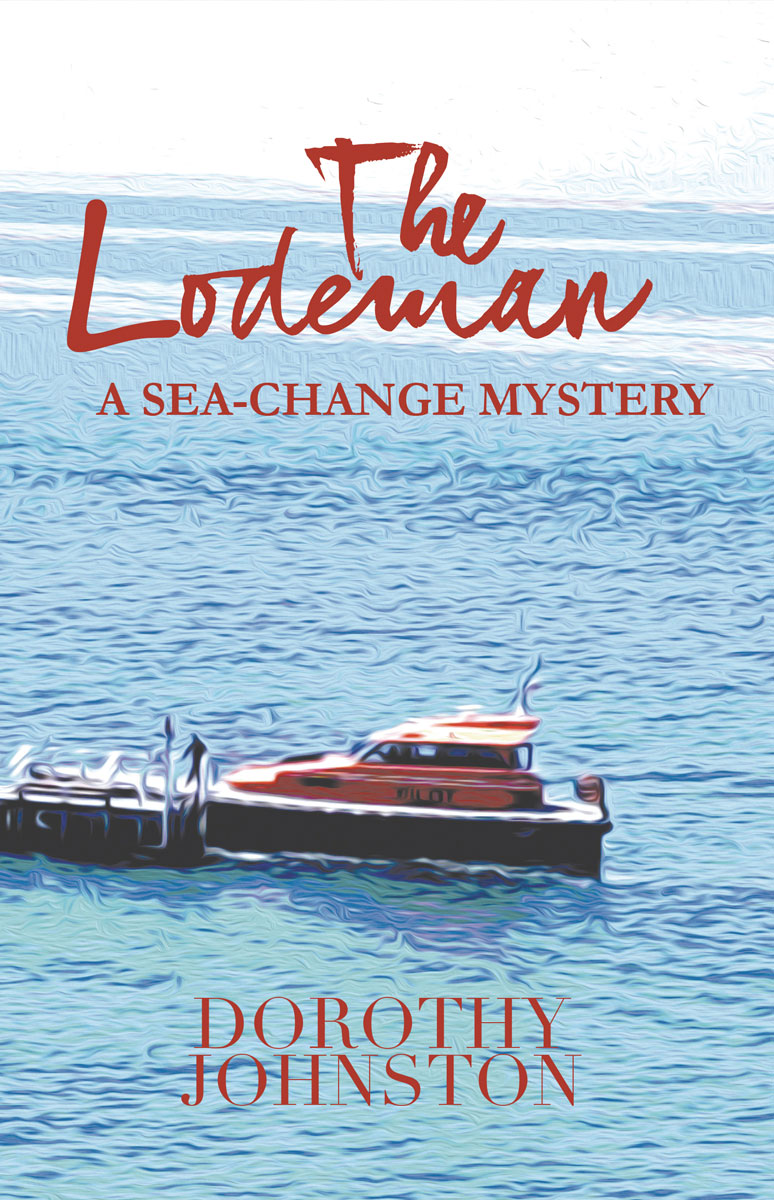Bill Kirton was born in Plymouth, but has lived most of his life in Scotland. He’s written stage and radio plays, songs and sketches for revues, flash fiction, short stories, novels, stories for children and books aimed at helping students to write effective academic essays and dissertations and get the most out of university and work. He’s been a university lecturer, actor, director, TV presenter, visiting professor and artist at the University of Rhode Island and spent a few years as a Royal Literary Fund Writing Fellow in universities in Aberdeen, Dundee and St Andrews. He loves writing and exploring many forms and genres. I met Bill through the Awesome Indies website and I’ve read the first of his Jack Carston series, Material Evidence. I’m looking forward to reading the next four.
Do you think of yourself as a ‘Scottish’ crime writer and, if so, what does this mean to you?
With this year’s referendum on independence, that question’s got several levels. I was born in England but have spent most of my life in Scotland and I’m treated by most in the writing community as an honorary Scot. In fact, although I recognise and identify with the generally accepted notion of Scottish culture (a sense of community, left of centre politics, humour which is often blackish but rarely cruel, etc.), I’m uneasy about the divisive associations of any brand of nationalism. I don’t consider that my identity derives in any way from the fact that I happen to have been born on one side of a river and not the other. In fact, I’m a federalist and would prefer to be a citizen of the world. (I know, I know, that sounds pretentious, hippyish, but I mean it.) Why multiply inequalities when there are so many already? Having said all that, there’s no doubt that Scotland has a deserved reputation for producing great crime fiction and to be bracketed in that category is a privilege.
I confess to being ignorant about Scottish crime fiction. I’ve read some Ian Rankin and Alexander McCall Smith and have put my name down at the library for Laidlaw by William McIlvanney. But apart from that almost nothing, I’m afraid. Who are your favourites? What have you learnt from them?
Well, Conan Doyle is Scottish, of course, but Holmes and Watson aren’t. I’d put William McIlvanney at the top of my list. He’s a great writer and a great man – charismatic, principled, unassuming and eloquent about his Scottish roots. Ian Rankin and Val McDermid are way up there, too – serious novelists who happen to use the crime genre to examine all sorts of social, political and moral issues. They’re highly gifted, committed writers and commentators on the form but I’m not sure that I’ve learned anything from them. I could add more, but there are so many excellent writers, male and female, that this would just become a list and I’d be bound to forget to include someone.
Here’s a link to an article about ‘tartan noir’ that I found informative, and I’d be interested to hear your views on it.
Maybe this is a boring answer but I just have to endorse everything the article says. First, as I’ve already said, the man himself is extraordinary. I was in the audience at his ‘Bloody Scotland’ gig in Stirling and his charm, warmth and intelligence had everyone there (a full house) transfixed. He’s the embodiment of easy but powerful charisma. Next, the Laidlaw books are so rich that calling them ‘crime novels’ or ‘tartan noir’ seems reductive. Yes, that’s what they are, but they’re so much more. I think the use of the French word is significant. ‘Noir’ was first applied to films and while, like the films, Laidlaw’s books deal with the darker aspects of human behaviours, they also have the same underlying existential bleakness and empathy for the human condition as part of their fabric. Yes, they depict some of the basest of human impulses but as well as asking who, what, how, where and when, they also pose that most difficult of all questions, why. Tartan noir exists, McIlvanney is its greatest exponent, but he goes beyond it, too.
Do you have a view about national characteristics in crime writing? Are there any pre-occupations, or stylistic qualities, that seems to you to be held in common?
Despite what I said earlier about my uneasiness with nationalism, it can’t be denied that different nations do produce different brands of literature. Some of the best crime fiction couldn’t have been written or set in any other country but the USA – fast-talking, cool-headed loners with an inexhaustible supply of laconic one-liners, apparently fearless when faced with insuperable odds and gangs of armed-to-the-teeth hooligans whose threat they nullify with wit. Then there’s the current vogue for Scandinavian books and TV series, whose protagonists are recognisably different from their European counterparts; more thoughtful perhaps, more brooding, with the emphasis on a sort of world-weary acceptance that crime, especially murder, is an inescapable aspect of reality. Then there are all the different crime sub-genres – cosy, psychological, serial killers, private eyes, police procedurals, horror, Miss Marple-style puzzles, whodunits and whydunnits. They’re so different from one another and yet, through almost all of them, there are common themes – solving a mystery, righting wrongs (or failing to, which belongs to the same moral dimension), exposing, understanding and explaining human behaviour, creating a good-bad balance, a meaningful structure that doesn’t occur often in reality.
In Material Evidence Carston’s successful marriage (and Ross’s as well) provide a strong contrast to those of other characters. How important is this contrast? Is it developed in your later books?
The contrast is certainly deliberate but its importance lies in giving Carston (and Ross) a stability on which to base their moral judgements and their interpretations of others’ motives and impulses. For both of them, home is the antidote for some of the excesses they come across through the job. Neither of them is flawless, in fact Carston becomes more irritable and frustrated by bureaucracy and incompetence through the series and his moods manifest themselves through sometimes childish behaviour which he regrets but can’t suppress. The only thing that keeps him level is his marriage. Kath, his wife, knows him well and always uses humour to restore his equilibrium.
A crime novel with such domestic ‘ballast’ is relatively rare. I can think of Ruth Rendell’s Reg Wexford, but the loner stereotype is much more common. Are you consciously writing against this stereotype?
This is a very perceptive question. The reason I became a crime writer (as opposed to ‘just’ a writer) is that a publisher liked a novel which I’d submitted but was looking instead for police procedurals and asked if I’d try one. Material Evidence was the result. At the time, I was reading lots by Ruth Rendell (and her alter ego, Barbara Vine) and liked the ‘ordinariness’ (which isn’t meant to be pejorative), of her settings and the people in them. Somehow, the fact that her murders and other crimes occurred in the midst of simple, everyday scenes made them worse, gave them a more sinister aspect than those of gore-fests or contexts in which violence was the norm. So that was part of what I was aiming for. But also, my attitude to crime (both those I invent and the ones we see in the newspapers), is that it may be aberrant but it’s an ever-present ingredient of daily life. In books, crimes are almost always solved and their perpetrators are punished. I usually add a coda to my books to imply that, while the central crime has been solved, others are simmering elsewhere and the feeling of completeness is illusory. Having a married cop who loves and is loved and whose home life consists of good food and wine and lots of humour is a counterpoint to the notion that our world is inescapably corrupt.
Material Evidence kept me guessing till the end. Did you know the end before you started writing? How much, and in what way do you plan your books?
I don’t always know the end, or even the perpetrator, when I begin writing a book but in this case I did. As I said, it was my first crime novel so I had to do plenty of research for it and the type of death that occurs here was inspired by a couple of actual cases I read of in a book on forensic medicine. Once I had that, I could start thinking of motives and all the structures and complexities that led up to it – in fact, made it necessary. I’m not a great planner. Ideas come from all over the place (or from nowhere) but once I have one that seems to demand I take it seriously, I start thinking of what themes it’ll explore, what aspects of human nature will come into play. Once I’ve settled, however vaguely, on those, I start wondering what the characters involved will be like. I start writing, these characters emerge, and they take over, leading me in various directions, showing me who they are through their words and deeds. Sometimes, they surprise me and take me towards motives or conclusions which I hadn’t considered. Sometimes, the murderer I’ve chosen turns out to be innocent and one of the others does the killing instead. That makes it all sound erratic, untidy, but it comes out of a narrative logic which is dictated by the relationships of these characters. So far they haven’t let me down.
I liked the humorous exchanges between the policemen and women, which made them come alive for me. They suggested an ambivalent ease with one another, and also Carston’s authority, which he exercises firmly without being domineering. Ross sometimes talks back to him, for example. Yet Carston is an outsider, only recently arrived in Cairnburgh. Is his ‘outsider’ status important in the series?
For me, humour is a vital part of any human interaction (although it’s noticeably absent from these answers). OK, if there’s tragedy or horror involved, it’s in the background, but hearing people take the mickey out of one another, exchange pretend (or real) insults, indulge in swapping one-liners – that makes them real, punctures any potential ‘literary’ pretentiousness. The type of humour they use also helps to distinguish them from one another. Carston doesn’t seek to be an outsider but his attitudes to his (admittedly inept) superiors make it inevitable. I think it may be more complex than that, though. I think it’s probably part of my constant awareness of the artificiality of a genre in which all problems are solved, villains get punished and law and justice are synonymous. Real life is chaotic, unstructured, meaningless and murderers and others get away with it. Paradoxically, crime fiction sanitises it, gives it structure and balance. I’ve maybe given Carston my own attitudes to all that. In fact, I know that’s definitely the case in the third book, The Darkness.
In an interview on the LL –Publications blog, you speak of ‘Getting the rhythms of those words right, using them to create new meanings or characters, structuring fictions in pleasing ways – ’ These are general aims to which all fiction writers might be said to aspire. Crime fiction, however, imposes its own framework and sets limits to so-called ‘literary’ qualities. These limitations can be stimulating, or restricting – or both at once. At least that’s my view. How do you approach and work out questions of aesthetics? Do you think in terms of aesthetic resolutions as compared with, or opposed to, plot ones?
I know what you mean about crime fiction discouraging certain ‘literary qualities’ but I don’t agree entirely with you. Yes, steer clear of lines such as one I remember from an Albert Finney character in a stage play years ago, when he spoke of ‘lurching from one derelict sunset to the next’, but don’t shy away from literary tricks that could add to the reader’s pleasure. At the risk of appearing immodest, let me offer a wee example of deliberate alliteration from another of the Carston books. Two characters are chatting at a post funeral buffet. One is a very messy eater and, as he speaks, has a mouthful of sandwich.
“All the same… Foul play, that sort of thing… It’s preposterous.”
He waited. Carlyle’s only reaction was a small shake of the head and an unheard prayer that Leith would use fewer plosives.
“I mean, persistent police probing.’
OK, it’s hardly ‘literary’ in the sense of purple prose, but it’s a deliberate stylistic choice. And I always maintain that one of the essential aspects of style – in any genre – that’s not always given the consideration and attention it needs is rhythm. Ugly, unbalanced prose unsettles the reader. It’s as bad as a direct authorial intrusion. The length of words and sentences, the frequency of pause points, the overall feel of the rise and fall of intonation – these all contribute to the pleasure of reading. I’m a fan of Elmore Leonard’s ten (tongue-in-cheek) ‘rules’ for writers. He sums them all up by saying ‘If it sounds like writing, I rewrite it’. I love words, images, stylistic flourishes but if a writer indulges him or herself, they intrude, they disrupt the narrative. One of the basic bits of writing advice I give when asked is to separate the functions of writer and editor. You can be free and self-indulgent when you’re writing a first draft but only if you’re strict with yourself when you revisit the text as editor. You can create characters who use colourful – even literary – language but, as narrator, you must stay out of the text.
You describe Cairnburgh as a fictional town near Aberdeen. Why did you decide to create a fictional town for your series?
Another Rendell influence, I’m afraid, and one that I regret. Her Kingsmarkham setting was real to me as a reader and allowed her to create whatever she needed for her plots. I decided that, since I was planning on making some of my policemen inept, even corrupt, it might be wiser to create a fictional place rather than set my books in Aberdeen and risk getting parking tickets and other harassments. In fact, the year after the book was published, there was a scandal involving the Chief Constable of Grampian which was worse than anything I could have imagined. On the other hand, the freedom to invent places and institutions without fear of libelling anyone by proxy allowed me to set one book in a university/hospital without fear of lawsuits from ex-colleagues in Aberdeen University. But I think nowadays readers prefer their policemen and criminals to be in real cities and places.
You are very good at dialogue. Did you learn this skill through writing radio and other plays? Was there anything you had to unlearn when it came to writing novels?
Thanks for the compliment. When I first starting writing (as an adult) I gravitated naturally towards drama so I suppose I must have felt comfortable with dialogue. I still had lots to learn about radio drama, though. (One example, reasoning that lots of blind people listen to the radio, I made a central character in one play blind. When it was being recorded, the producer pointed out how difficult it was to convey blindness on radio, so I had to write some extra dialogue.) One thing I did find with novels was that, when I read sequences aloud (as part of my editing process), the dialogue wasn’t nearly as natural as it had been in my plays. I suspect that writing extended prose narratives gets one into particular rhythms which don’t belong in speech. For that reason, I pay particular attention to correcting dialogue. Incidentally, the voice (my voice) you hear in these answers is significantly different from the one you’d hear in conversation. Dialogue is, mostly, spontaneous, unstructured.
I saw on your Amazon biography that you used to teach French. Who are your favourite French writers in general, and your favourite French crime writers? I recently discovered Fred Vargas and have enjoyed several of her books. Does being bi-lingual help when it comes to writing in English, or is it irrelevant?
As I’ve answered these questions, I’ve realised that each one could easily be the subject for quite a long essay, and this is no exception. My answer, though, is going to be disappointing because, although I know how popular Fred Vargas is, I haven’t been able to get into her works. Maybe I’ve just chosen the wrong ones, but there’s a surprising lack of pace in those I’ve attempted. It’s easier to talk about French writers in general because I used to give classes on authors from the middle ages to Sartre and the rest. I love and admire the greats of the 19th century, especially Flaubert. I’ve lost count of the number of times I’ve read Madame Bovary and I still read bits of it now and then, just to marvel at how not a single word is wasted or misplaced, how the gaps between events are as important as the events, how tragedy and comedy can coincide, how imagery can be substituted for narrative, etc., etc. I think the history of French literature is rich in contrasts, reactions, counter-reactions and I love the clarity of the demarcations between periods, fashions, schools and how they reflect so accurately everything else that was happening in their particular era.
To find Bill Kirton’s books for sale go to Amazon UK and Amazon US, and to read more about the books, go to Bill’s website.
I want to thank Maryann Miller for her generous review of The Fourth Season, the final book in my Sandra Mahoney mystery quartet. Maryann joins a growing list of reviewers who have enjoyed the novel, and I very much appreciate the time and trouble they have taken.
A few weeks ago, I wrote a blog post about Indie reviewing. That was before I’d come across an article in the Guardian by John Self, criticising Booker prize head judge, Peter Stothard, for bagging Indie reviewers.
In my post, I suggest that bloggers should set the bar higher than an ‘I like this: I don’t like that’ kind of review, but I fail to give enough credit or praise to those people who are drawing on a lifetime’s reading and thinking about books to offer invaluable insights and discussions.
Maryann Miller lives in Texas. Others who’ve reviewed my books live in the US too, and the UK, France – indeed all over the world. It’s a joy to me to have made these connections!
The Sandra Mahoney Quartet can be purchased from Wakefield Press, who are offering a special: four books for the price of three. The novels are also available on Amazon and other ebooks sites.
And another good review of The Fourth Season has just come in, this time from ‘Long and Short Reviews’.
This is the third in my series of posts about Australian poets. The first two are Suzanne Edgar and Joan Kerr.
Geoff Page is one of Australia’s best known and widely-published poets. He is based in Canberra and has published twenty-one collections of poetry as well as two novels and five verse novels, and has won many awards. Rather than include a lot of biographical information in this post, I suggest readers follow the link to Irma Gold’s excellent interview.
The Deputy
for J.F.
Driving daily into work,
he feels them equally as pressures,
atmospheric almost,
one more urgent than the other
but pressure all the same.
Both could justify a life,
one with what the young retain
and carry with them through the years,
the other more diffuse
and closer to the core,
resonances rising
from something deeper down,
more opaque than God perhaps,
rhythms, lines and images,
a gift that needs real readiness
before it can arrive.
Of course, one may excel at both.
No doubt a man may serve two masters.
Last year he taught them Doctor Faustus,
the senior class he still keeps on.
He thinks about the famous bargain,
the heavy freedoms of its power,
the good opinion held so widely,
the parent-teacher nights and, yes,
the jokes he makes at school assemblies
to show he’s serious.
At home though there’s a desk
With untouched paper and a screen,
an ideas file, a journal,
a mix of discipline and licence
to bring in pocket money only,
scuffling below the dole.
A friend of his has chosen this,
insecure and frugal
and prone to bitterness.
A third has signed a smaller deal,
holding off from higher slots
if ever they were offered.
Who is his Mephistopheles?
It’s not the principal.
He thinks perhaps they are collective,
these senior teachers who respect him,
who cannot let him go,
who see that he can make things happen
and keep a keel on course.
To them, this other life he has
is hardly more than self-indulgence,
a foible or some pleasant extra,
a flourish or addendum
to make a CV more compelling.
His watch says 8 am.
He turns into the car park now,
an hour before the world begins
its unforeseen complexities,
its smoke and mirrors of the human,
the needs that only he can meet.
The car is small and European,
very fast from nought to ninety.
He walks towards the building…
and sees, back home, that writing desk
patient in its shaft of light,
the blank page and a keyboard waiting,
the pressure of the poem.
‘The Deputy’ appeared in Meanjin 2, 2014. Thank you, Geoff, for allowing me to reproduce it here, and to Meanjin for publishing it.
I read the poem with an instant, deep feeling of recognition. In sixty-three lines, it says an enormous amount about the life of art, the choices and hard bargains, and the ways these are carried within a person life-long.
The voice is quietly authoritative, unsentimental, uncomplaining. The deputy headmaster, who is also an artist, must weigh up and doubt and compare, and go on doing so. This is his destiny. But it’s not an intellectual exercise – the pressures are heart-felt.
And the last line is superb, shining undimmed by the teacher’s daily, ‘other’ life, yet given meaning by it and by the poem as a whole.
I was reminded of the last stanza of Yeats’s ‘Meditations in Time of Civil War’, and ‘the half-read wisdom of daemonic images’ with which Yeats comforts himself, while understanding that Page’s poet/public man is a very different character.
A wonderful poem! I hope many readers get the chance to discover and enjoy it.
The inspiration for this post comes from a review on Guy Savage’s blog, His Futile Preoccupations or The Years of Reading Aimlessly, which I recently discovered thanks to fellow novelist and poet, Joan Kerr. Joan also hosts a sparkling blog, with her sister, under the pen name Gert Loveday.
Guy Savage criticises best-selling author Joel Dicker for over-reaching himself, biting off more than he can chew, in Dicker’s recently published The Truth About the Harry Quebert Affair. I read the critique with a start of recognition, for it touched on something that I’ve been feeling increasingly myself, both in writing paid reviews for newspapers, and those I’ve undertaken for no payment, as an indie author and reviewer.
It’s a common fault with inexperienced, (often self-published) authors, that they reach – it seems unhesitatingly – for the sky, that the scope of their narratives is panoramic, while their prose is barely up to describing a blade of grass. Can this disparity, between ambition and skill, be dismissed as a form of hubris? Could it be a way of learning how to write? In the grasp and falling back, an author might well be discovering what is truly within his or her capacity. One can dare to fail. I’ve been guilty of that daring and that fault myself.
But these days, (perhaps like Guy Savage), I’m less willing to make allowances for best-selling authors, already secure in their stardom. Last year I reviewed, for the Fairfax newspapers, Sarah Dunant’s Blood and Beauty, a title destined for the best-selling lists if ever there was one. I found it bloated, over-long, and redolent, more than anything else, of the author’s ego.
The title of this blog post is borrowed from an essay by Ivor Indyk in the Australian Book Review, November 1997, well before the explosion of book review blogs that have changed not only the face but the entire body of reviewing, and what is understood by literary opinion and authority. In a way that seems prophetic now, Indyk stated that ‘the critic’s authority is a reader’s authority. Criticism is the reflective aspect of reading, present to a greater or lesser extent in the experience itself, not detachable from it.’ Book bloggers often disclaim any authoritative status, professing instead to express ‘personal’ opinions. They often use the word ‘honest’ as well; it is as though these claims, to personal opinion and honesty, absolve them from analysis, or comparative judgements built up over a period of reading and reflecting, or a knowledge of literary traditions and history.
So many opinions and judgments are now being offered publicly, not just to a circle of friends, or private book discussion group, that anybody trying to negotiate them faces a daunting task. This is happening at the same time as traditional newspaper reviews are drastically shrinking.
As a traditionally published fiction writer and a professional (ie paid reviewer) who has moved into publishing her own ebooks, and writing reviews of other indie authors, I welcome the new opportunities, and indeed could not think of myself as having any kind of a writing future without them. But I also believe that publishing one’s opinions carries a responsibility; first of all to read the book the author has actually written, whether or not it conforms to expectations raised by a particular genre, or whatever happens to be the current fashion with regard to style; and secondly, by suspending the expectations of personal taste. The gratification of personal taste should not be at the forefront of a reading experience, when that experience is undertaken with a view to publishing world-wide.
I’m proud to announce that Awesome Indies have given their Seal of Approval to my Sandra Mahoney mystery novel, The Fourth Season. A book has to achieve 5 stars to be included on the Awesome Indies site, and reviews are rigorous and professional. I can now tell readers that my book ‘has been awarded a place on the Awesome Indies list of quality independent fiction.’
You can read the review here.
Thank you, Awesome Indies!
I’m proud to say that I’ve been chosen as one of the judges for this year’s Barbara Jefferis Award.
The following information is copied from the Australian Society of Authors website.
‘Barbara Jefferis was a feminist, a founding member of the Australian Society of Authors, its first woman President and, in the words of Thomas Keneally, ‘a rare being amongst authors, being both a fine writer but also organisationally gifted. She was a professional and internationally published writer long before most of us dreamed of such things.
The Award is paid from the Barbara Jefferis Literary Fund, which has been established as a result of a bequest from Barbara Jefferis’s husband, ABC film critic John Hinde, who died in 2006. The Australian Society of Authors is Trustee of the Fund. In 2014 the Award is valued at $50,000.’
And this year ebooks can be submitted, for the second time – the first was in 2012. For the first time, self-published books can also be submitted, subject to conditions detailed in the submission guidelines. As a judge and as an author, I applaud these developments.
The ASA offers its members the chance to publish their own ebooks under Authors Unlimited, and is very supportive, in other practical ways, of Australian writers attempting to understand and navigate the digital revolution.
Most of the time I feel energised and excited by the new possibilities and opportunities. Ebooks have given me, and countless others like me – some formerly published in print and some not – a way to think of the future and an expanded horizon.
I can’t help recalling Miranda, watching the strange, exotic ship on her horizon.
‘O wonder!
How many goodly creatures are there here!
How beauteous mankind is! O brave new world,
That has such people in’t.’
These lines from Shakespeare’s The Tempest are ironic, according to some interpretations, and Aldous Huxley’s Brave New World, published in 1931, famously turns irony into satire. It’s easy to satirise and deride ebook authors and their hopes of setting sail, but I prefer to look on the bright side.
The Fourth Season, the fourth and last book in my Sandra Mahoney quartet, has a good review in MBR Bookwatch. The reviewer is Diane Donovan.
‘The Fourth Season, a Sandra Mahoney mystery, represents the fourth book in Dorothy Johnston’s mystery quartet, beginning with The Trojan Dog, then The White Tower and Eden. (The other books have not been seen by this reviewer).
It opens with a compelling first-person reflection: “The story I’m about to tell begins and ends by water….(sic) Over time, the two deaths ran together in my mind and I came to think of them as the water murders. The name conjures up an image of fluidity; but could as well suggest stagnation; or the leaching away of what is held to be precious by those most in need of it. I don’t mean life itself – that absolute division – or not only that. I mean that which gives each individual life its meaning.”
Through this introduction readers receive fair warning that this mystery is anything but formula writing: it blends in philosophy and life associations and thus its plot incorporates far deeper significance than your usual ‘whodunnit’ focus on methods and perps alone.
Sandra Mahoney is a private investigator (of course) who finds personal meaning in the discovery of a floating body: a body which was once her partner’s lover, making Ivan an immediate suspect, with no alibi.
To complicate matters further, she’s investigating a second murder AND juggling the needs of two children also affected by Laila’s death: a six-year-old and an adolescent. There’s a lot of emotional reaction on all sides; and all this overshadows and complicates what is already a challenging investigation, blending personal into professional concerns and creating more than a series of conundrums for Sandra.
Dorothy Johnston should be commended, first of all, for using the first person as a vehicle for presenting all these emotions. It brings out inner feelings without the distance of using the third person and it adds fire and passion to her story: “What does it mean to be told too little? What does this particular lack mean to an adolescent boy, or to his mother, who happens to be a person endeavouring to make her living by collecting information? It was an endeavour that, for years up until that moment, had sustained, if only just, both my life and that of my children – sustained in a thousand practical, easily overlooked ways.”
Dorothy Johnston is equally powerful at displaying her investigator protagonist’s emotions throughout the course of events: another strength that separates The Fourth Season from your typical murder mystery: “I wanted to come face to face with that killer now. What man or woman, known to me perhaps, had that degree of nerve? Was it possible to deduce this from the outside? My experience told me no, of course it wasn’t. Did other people look at me and ask themselves: could she? Would she? I asked myself then: what are you capable of, if sufficiently pushed? I didn’t know the answer. I hoped it wasn’t murder. I hoped I knew myself well enough for that.”
As events unfold and add layers of complexity to Sandra Mahoney’s life, they successfully engross readers in not just a singular murder investigation, but a unified survey of everyone emotionally shaken by death. It’s this approach that makes The Fourth Season a powerfully different story, highly recommended for any who seek more complexity in their murder reading.
Oh, and if you think you need previous background from the other books in the quartet, be advised: this stands well on its own. Also be advised: once you read The Fourth Season you most likely WILL want to pick up the others to see what you missed!’
The Fourth Season is also garnering some good reviews on Amazon. Thanks to those ebook authors and reviewers who have taken the trouble to read my book.
Since launching off into the brave new world of digital publishing, I’ve met some great ebook authors.
My first effort was to self-publish a collection of short stories, Eight Pieces on Prostitution and now Wakefield Press has released all four books in my Sandra Mahoney Quartet. It’s a steep learning curve, but an exhilarating one as well.
From time to time I’ll be posting reviews I’ve written of ebooks that have captured my attention, beginning with – aptly named – Beginnings: Where A Life Begins by Gary Heilbronn.
Beginnings: Where A Life Begins is an ambitious, multi-layered novel about the workings of genetic memory through many generations of women. The novel deserves a wide readership not only because of its original and audacious premise, but because each historical episode is vividly imagined, and the female characters, linked in ways they recognize but do not fully understand, are remarkable inventions in themselves.
The novel is predicated on the controversial idea that Mitochondrial DNA, transmitted from mothers to daughters, is understood, by certain outstanding women of their times, as an accumulated heritage. These women know the line they come from even if they cannot explain this knowledge; it gives them courage and it makes them proud.
Many of the women Heilbronn portrays as young, athletic warriors, but the main protagonist, Maria, a Basque refugee from Franco’s Spain, is of a different type. She suffers the tumultuous war years, having barely escaped across the border into France, and wishes only to remain unobtrusive and unnoticed by those who have the power to do her and her daughter, born shortly after her arrival, harm. The story moves in a wide arc, returning to Maria and Anna at various points. It is while Maria is giving birth to Anna – in a kind of trance – that the first return to deep genetic memory is accomplished, to the Cantabrian Mountains in about 10,000 BC. Other sections include ‘Coming of the Phoenicians’, Siege of Saguntum, (in the third century BC) and the Spanish Inquisition in the fifteenth century. Each is conveyed with an eye for detail, while the forward momentum of the story is maintained. Mt favourite section tells of the coming of the Phoenicians to the northern coast of Spain. The many differences between the indigenous people and the Phoenician traders, the troubles in which they find themselves, and in particular the character of Hannh, the young female warrior, made me want this section to continue.
At the end of the chapter describing Maria’s escape, readers are introduced to ‘an original, ornate dagger’ which, like the characters’ elusive yet crucial memories, has been handed on through thousands of years and will continue to play its own part in the story.
In an afterword, Heilbronn gives an account of the historical and scientific background to his novel, with particular reference to the meaning of genetic links in people like the Basques, ‘whose ethnic identity and genealogy have been insulated and isolated through millennia.’ Beginnings is complex and full of intriguing concepts and characters, yet at the same time emotionally vivid and fast-paced. Heilbronn has the ability to carry his readers along no matter if the scene is set in Palaeolithic times or the 1950s, with the rise of the Basque separatist movement. I highly recommend this book and look forward to its sequel.
My Sandra Mahoney quartet is now for sale on Amazon, including the new and final book, The Fourth Season. And I already have four great reviews! You can read them here.
In her review, Joan Kerr makes a telling point, but one I hadn’t given much though to – not conscious thought anyway. Each novel in the quartet is set during a particular season. The Fourth Season is autumn. ‘The charms and stresses of each season operate as a symbol for the characters’ emotional lives’, Joan says, and of course this is true.
In talking about my quartet with friends and readers, I’ve been drawn back into remembering how it began. I didn’t set out to write one mystery novel, much less four! Some time in the late 1990s, I decided to write a short story from the point of view of a computer virus, and in the middle of it Sandra appeared. Not only that, she appeared with a new job in a government department threatened with the axe, a husband who’d scarped off to America and a son with reading problems. Far too much for a short story!
At the time, I was having a lot of difficulty finding a home for One for the Master, my novel set in a Geelong woollen mill. Post-modern ideas and tastes were dominant and my book was dismissed as social realism. (Never mind that it starts off with a ghost.) I turned to crime writing because, though there are obviously rules, I found within the genre an openness that I felt was lacking in literary fiction at the time. And I found an organization, Sisters in Crime Australia, happy to welcome newcomers.
I didn’t turn my back on literary fiction – I have never done so – but neither do I regret my years spent with Sandra and her investigations into the underside of Canberra.
And with One for the Master I was vindicated finally, as was Wakefield Press, the independent Australian published who took it on. One for the Master was shortlisted for the 1998 Miles Franklin Award and set on the VCE syllabus.
Wakefield have released, as ebooks, all four novels in the Sandra Mahoney Quartet and are offering a special launch price of 4 for the price of 3.
